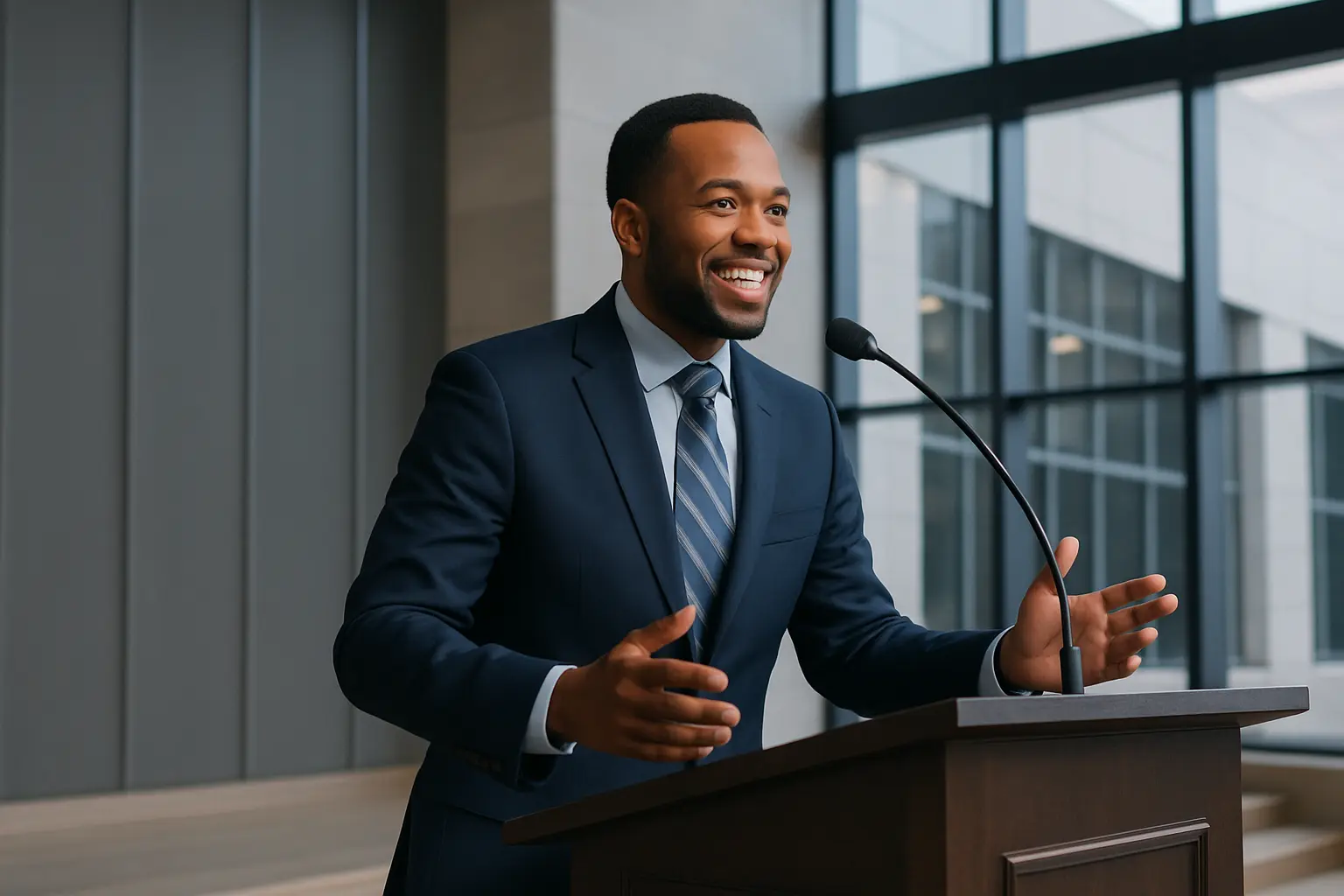We live in a world filled with many voices – many preachers. These preachers range from those in traditional faith-based institutions to those who operate in secular spheres such as politics, education, media, and motivational platforms. Whether behind pulpits or in front of cameras, they speak, teach, and influence. In an age of information overload, the voices of preachers are louder and more diverse than ever. But with the multiplicity of messages, faith interpretations, and doctrinal exegesis, understanding what to believe and staying focused has become increasingly complex.
Doctrine, once a unifying factor for believers, has in many cases become a divisive tool. Interpretations of sacred texts differ so widely that what one preacher calls truth, another refutes. The result is confusion, skepticism, and disillusionment. In secular spaces, the situation is not much different. Motivational speakers and thought leaders often present ideologies that sound inspiring but are not always grounded in reality or lived experience. This begs the question: can we truly trust the messages we hear, and are the messengers themselves living what they preach?
This is not just a philosophical inquiry – it is a deeply personal one. Each of us has, at some point, encountered a preacher whose words moved us, challenged us, or even disappointed us. Whether in a church pew, a classroom, or on social media, we’ve heard powerful messages. But the real impact of those messages is determined not only by their content but by the credibility of the person delivering them. We must reflect on our personal experiences with these messengers. Have their lives aligned with their teachings? Has their example helped them grow, or has it pushed them away from truth and authenticity?
The message a preacher shares must reflect daily practical living. If a preacher talks about love, forgiveness, integrity, and humility, it must show in how they treat others, how they handle failure, and how they lead in both private and public life. Unfortunately, there’s often a disconnect between what is preached and what is practiced. This discrepancy raises a fundamental concern: are preachers truly living what they preach?
Equally important is the response of the hearer. Are followers genuinely heeding the message, or are they only emotionally stirred without transformation? In some cases, hearers idolize the preacher more than the message. This misplaced admiration can lead to blind followership and uncritical acceptance of teachings, regardless of their truthfulness or practicality. Moreover, when preachers fail morally or ethically, hearers are often left broken and betrayed, highlighting how closely the preacher and the hearer are connected.
Indeed, there is a dynamic link between the preacher and the hearer. The preacher shapes the values, thoughts, and behaviors of the hearer, while the hearer’s feedback and expectation influence the preacher’s content and delivery. It is a cycle of influence that can either be transformative or destructive, depending on the authenticity and intention behind the message. The similitude between both can be surprising. Many hearers aspire to become like their preachers – eloquent, influential, confident. At the same time, many preachers derive their sense of worth from the admiration and loyalty of their audience. This relationship, while natural, can become problematic when either party fails to uphold integrity.
Imagine a world where preachers deliver messages that truly address the real, felt needs of hearers – messages grounded in honesty, compassion, and lived experience. If preachers, whether secular or faith-based, begin to share messages that are not only doctrinally sound or intellectually stimulating but also practically helpful and morally upright, then true transformation can begin. The hearer, feeling seen and understood, is more likely to apply the message and grow. The preacher, being accountable to live what is preached, becomes a model worth emulating.
In this sense, the transformation desired by communities and societies is not the responsibility of the preacher alone. It is a shared journey. The preacher must model the message, and the hearer must respond in obedience and reflection. This reciprocal process builds trust, shapes character, and promotes collective growth.
It is also essential to understand that the term “preacher” in this context is not limited to clergy or religious figures. The preacher includes the teacher in the classroom, the politician making promises, the parent instructing a child, the social media influencer sharing values, and the motivational speaker encouraging self-improvement. All these are preachers in their own right, with followers or listeners who look up to them. With this broader perspective, we see that everyone, at some point, plays the role of a preacher. And thus, everyone must be mindful of the message they send and the life they live.
As much as hearers want to emulate their preachers, preachers must remember that they are constantly under observation. Their actions will always speak louder than their words. The credibility of their message depends largely on how well they embody it. The world needs not just eloquent speakers but honest, consistent, and self-reflective individuals who practice what they proclaim.
Keep following SIRJOE ONLINE for more
Kindly share with others!
